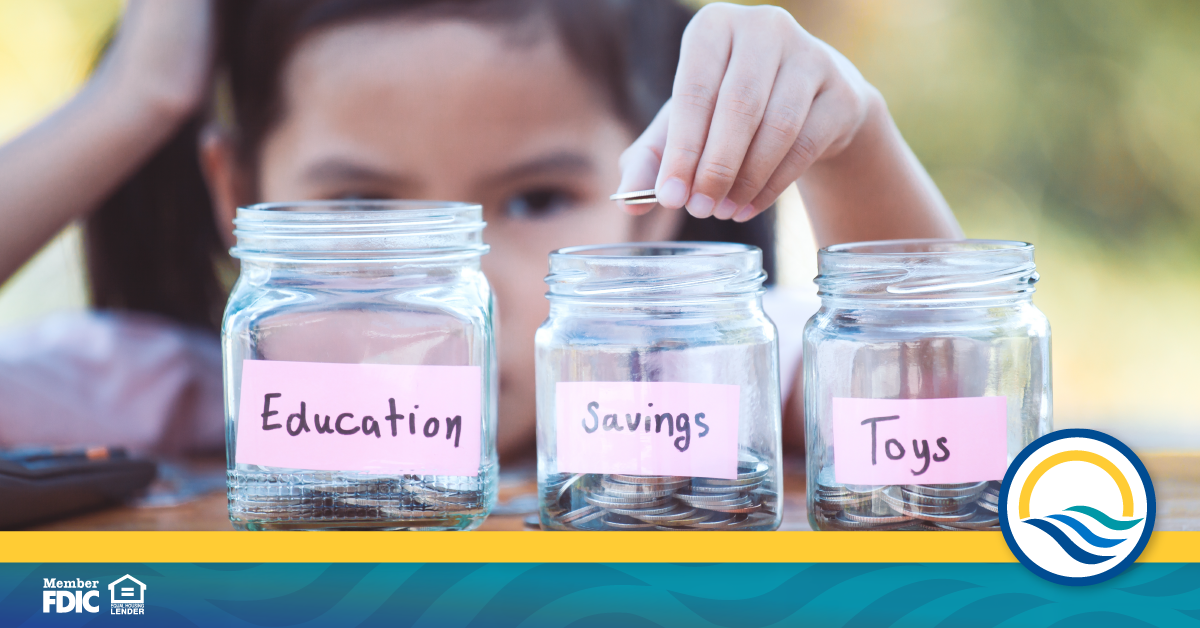

Posts about:
For You (2)


Ways to Maximize Your 401(k)
Your 401(k) can be an excellent tool for ensuring financial security in your golden years. But aside from setting up your contributions, you may feel like you don’t have much influence over your 401(k) retirement savings. That doesn’t have to be the case — here are some strategies to help you get the most out of this helpful investment vehicle.
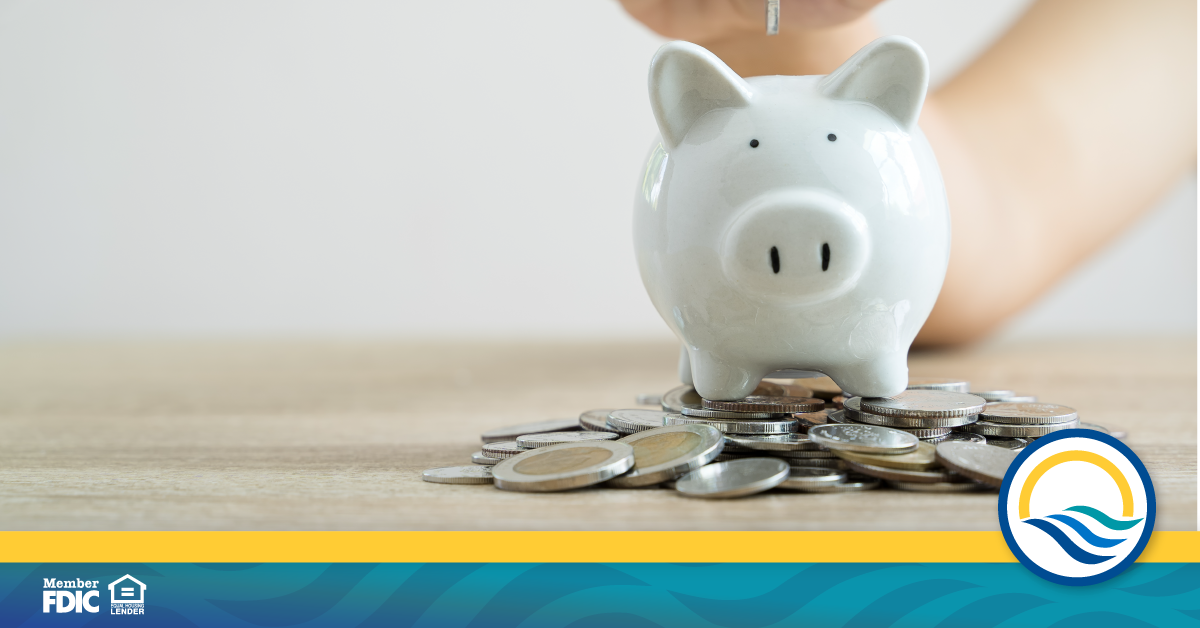
Are You Putting Enough Money into Your Savings Account?
There is a balance between just enough and too much when it comes to money in your savings account. Even though saving as much as you can while still fulfilling your bills and enjoying life is a respectable goal, a savings account doesn’t often yield the highest return. If you’re wondering if you’re putting enough or too much into your savings account, here is a quick guide to help you better manage your money.

What to Do if You Make a Mistake on Your Taxes
The approaching tax deadline puts pressure on many Americans to file and submit a return on time. Sometimes, that rush can lead to mistakes. Other times, a mistake may occur without you even knowing it for some time after, like an employer making a typo on a W-2. Whatever the case may be, a mistake on your taxes likely means you’ll need to file an amended return. Fortunately, that’s not terribly difficult to do.
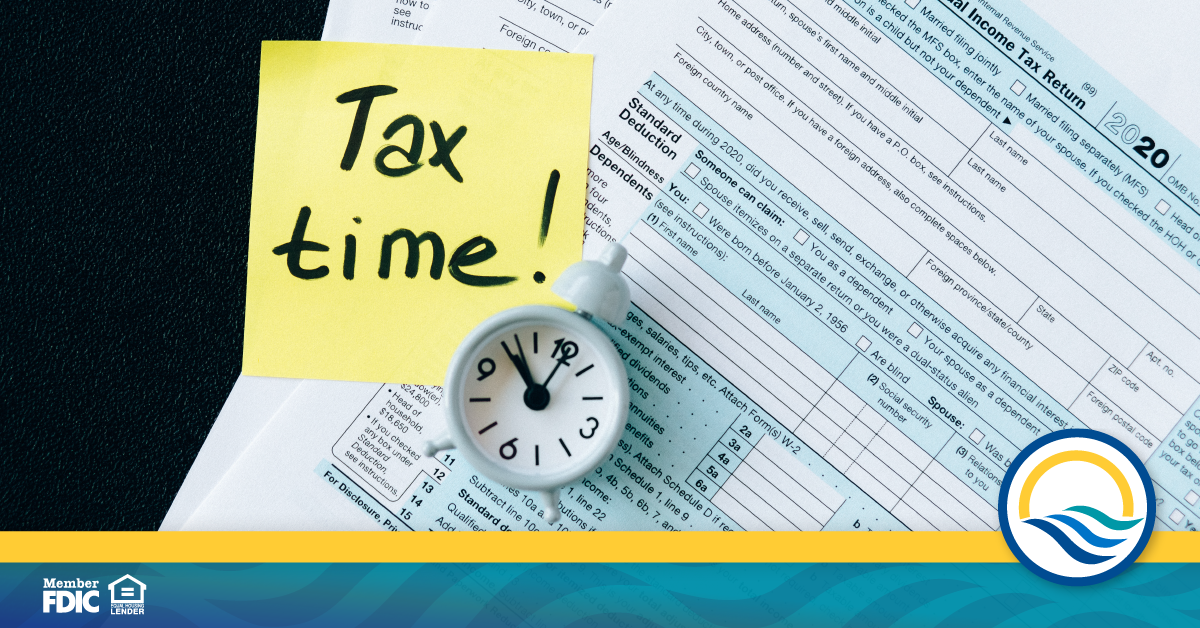
Should You File Your Taxes by Mail or Electronically?
If you plan to prepare your own federal tax return this year, you’ll have two options for sending it to the IRS: electronic filing or mail. To help you decide which of these tax-filing choices is right for your needs, let’s take a closer look at the key advantages to consider for each one.
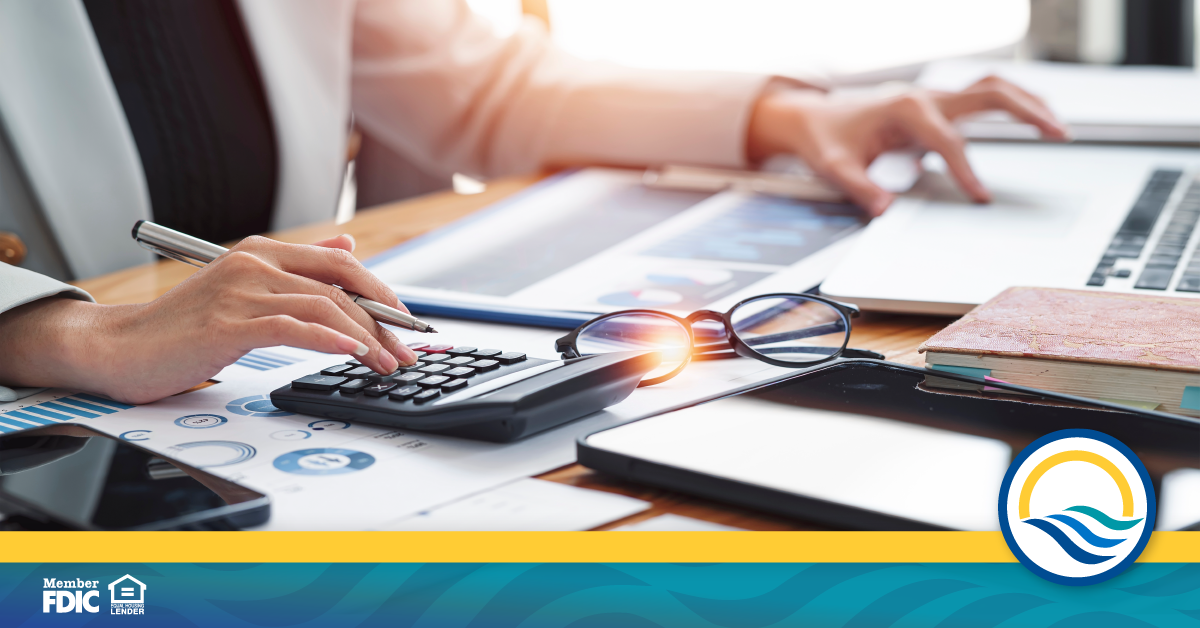
Why You Need a Good CPA
When tax season comes around, it’s often tempting to file your own taxes to avoid paying for a professional. But if you’re self-employed, own rental property, are an active stock trader, have experienced major life events in the past year, or simply have a non-simple tax situation, hiring a good certified public accountant is likely to be your best bet. Here’s why.
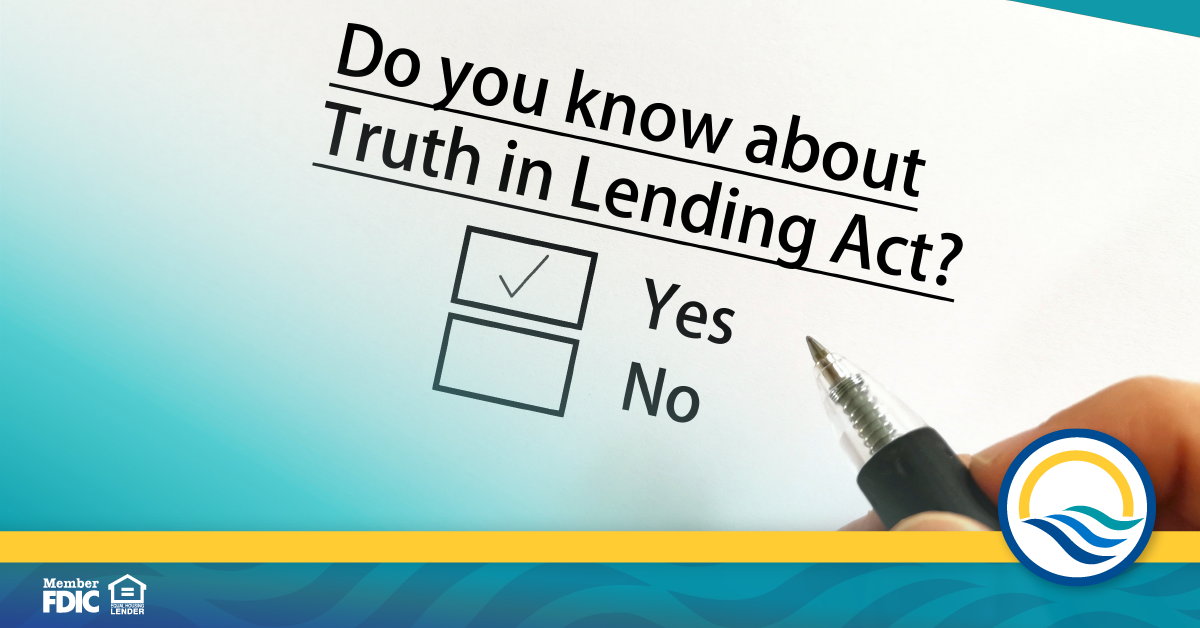
Understanding the Truth in Lending Act and How It Impacts You
If you’ve ever worked with a lender or creditor, you may not have known it at the time, but you were being protected by the Truth in Lending Act. The TILA is a federal law that’s been on the books for more than 50 years and is continually amended to ensure that today’s consumers can safely compare loans and credit cards.

Ideas for Teaching Tax Basics to Your Children
Taxes are an essential part of finances. As you are teaching your children lessons on how to save, spend, and invest, it’s also important to include instruction on the least favorite, yet nonnegotiable part of money management — taxes. Here are a few ideas on how to teach your kids how the system works.

What to Know Before Buying an Old Home
Old homes can be attractive to buyers because they often boast lower selling prices than new homes, offer unique character not found in new builds, and give buyers a chance to restore something to its former glory or make it all their own. With all the good old homes bring, they also bring some worrisome attributes. If you are considering buying an old home, consider the following issues before you sign the contract.
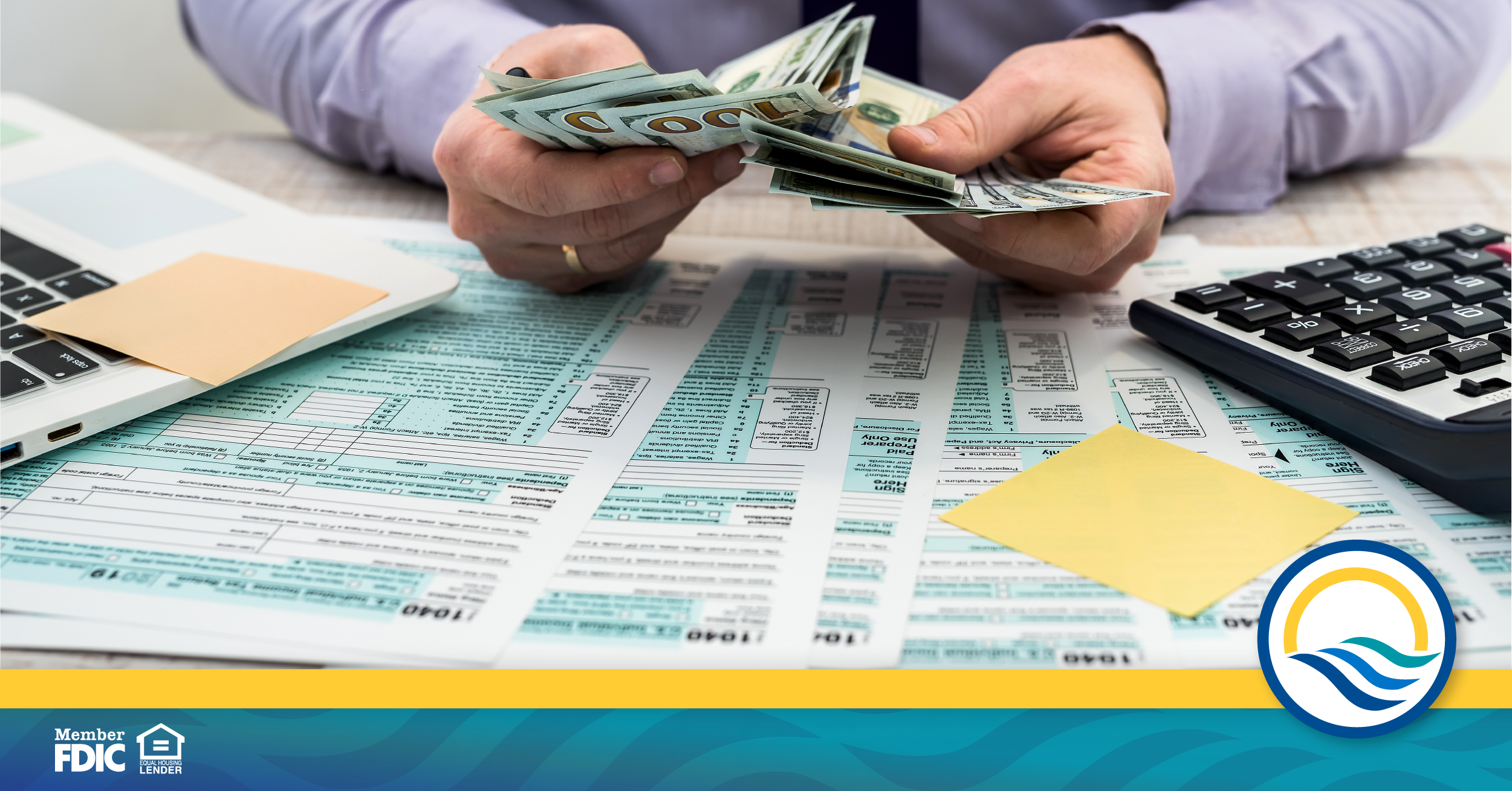
Tax Tips: Deductions You Can Claim Without Itemizing
Tax prep time can fray your nerves, especially when you’re trying to figure out the nuances of the tax code, gather your information and receipts, do accurate calculations, and determine how to handle your deductions. Should you itemize or not?
